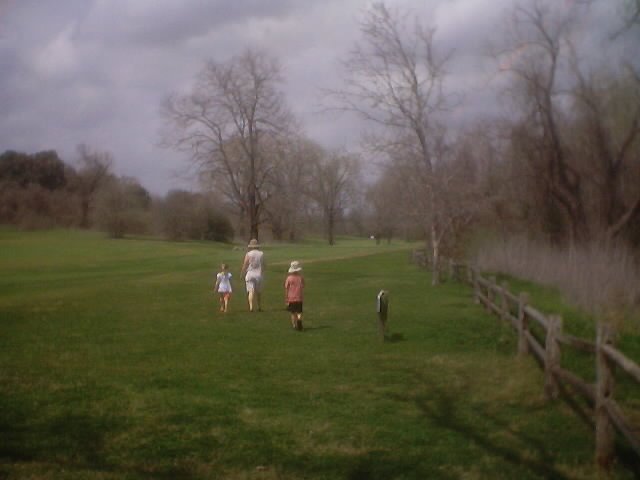"We rob science education of life when we focus solely on results and seek to train students to solve problems and recite facts without a commensurate emphasis on transporting them out beyond the stars." ~Brian Greene Put a Little Science in Your Life
You won't find the words homeschool nor unschool in this article. Yet this is an excellent description of why everyone I know who homeschools, homeschools. If you step back from science and apply Mr. Greene's arguments to every subject taught in school you have one fantastic philosophy of education. And its a philosophy being played out all over the country, with most homeschooling parents as administrators to the superintendent of this ideal.
We each fail, in our turn, as all parents and as all educators occasionally will. But I've never heard of any school driven by the idea that passion and wonder supersede linear facts and rote training, and then seek to implement passion and wonder over memorisation and test performance. Yet, I think that is the goal of most homeschoolers. Loss of passion and wonder are the deepest reasons parents flee the schools. I've described our institutional school system as soul sucking and as a hideous march. But I think most parents who were raised in the system don't require adjectives. We know what it is and I don't know anyone who would call it passion or wonder driven. Yet this is exactly where the quality that Stanford called "intellectual vitality" comes from in the homeschool movement.
I sit here this morning a confessed failure. I dropped my egg basket this year. I think, beginning with the moment my friend was diagnosed. You can even see it in this blog as the posts have been less and less about the children and more and more about my process as a parent and unschooling educator. But I am returning my focus to the children first and I am inspired by Brian Greene and his essay:
"But most of these studies (and their suggestions) avoid an overarching systemic issue: in teaching our students, we continually fail to activate rich opportunities for revealing the breathtaking vistas opened up by science, and instead focus on the need to gain competency with science’s underlying technical details.
In fact, many students I’ve spoken to have little sense of the big questions those technical details collectively try to answer: Where did the universe come from? How did life originate? How does the brain give rise to consciousness? Like a music curriculum that requires its students to practice scales while rarely if ever inspiring them by playing the great masterpieces, this way of teaching science squanders the chance to make students sit up in their chairs and say, “Wow, that’s science?”

No comments:
Post a Comment